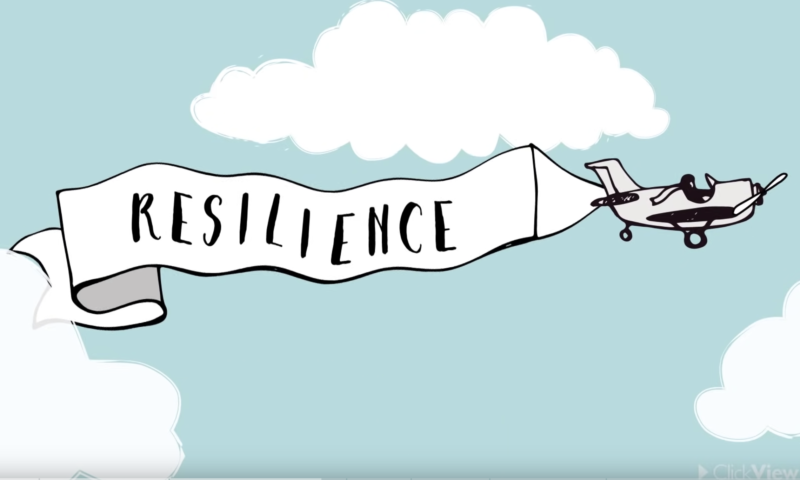
Wellbeing For Children: Resilience
Have you ever been knocked down and found it difficult to get back up again? Or has something happened that was really tough to deal with and you’ve not known how to cope with it? Read more >>
Request an Appointment
English: 650.688.3625
Medi-Cal: 650.688.3650

Wellbeing For Children: Resilience
Have you ever been knocked down and found it difficult to get back up again? Or has something happened that was really tough to deal with and you’ve not known how to cope with it? Read more >>

The Ability to Cope: Building Resilience for Yourself and Your Child [downloadable]
It is possible to build family strengths even while living under stressful conditions or during difficult times. The following are tips for fostering resilience — putting energy into even one of these activities each day can help you and your Read more >>

Resilience: Build Skills to Endure Hardship
Resilience is the ability to adapt to difficult situations. When stress, adversity or trauma strikes, you still experience anger, grief and pain, but you’re able to keep functioning — both physically and psychologically. However, resilience isn’t about putting up with Read more >>

How Social Media Affects Teens’ Mental Health
In this podcast from the American Psychological Association, Jacqueline Nesi, PhD, of Brown University, talks about the research on social media and teens’ mental health, whether it’s possible to be addicted to social media, what teens themselves think about social Read more >>

Join us for this conversation with Jack and his mom, Cheri. Jack was a teen who seemingly had it all — popular with his peers, strong friendships, a leader on the Varsity track team and a very strong student (graduated Read more >>

The teenage years are ripe with new experiences, opportunities and challenges. Also during this time, teenagers’ brains are changing, and they want more independence and autonomy. During this time, there are also many stressors. Read more >>

Helping Your Anxious Teen Cope with a Panic Attack
Anxious teens are vulnerable to experiencing a panic attack, which is a frightening experience, especially since it can occur out of the blue. Read more >>

What to Do When Your Child Refuses to Go to School
It’s always difficult to hear your children yelling or sobbing that they don’t want to go to school. You may be even more sensitive to their reluctance and anxiety because of what an unpredictable place school has felt like for Read more >>

ADHD in Adults is Challenging But Highly Treatable
When I was a child in the 1980s, the people I knew with attention-deficit/hyperactivity disorder were hyperactive boys who went to the school nurse at lunchtime to get their medicine. Many people assumed that these boys would “grow out of” Read more >>

12 Tips to Prepare for the Return to School
Every family wants to make sure their children enjoy a safe, happy and productive year as classrooms reopen this fall. The American Academy of Pediatrics published a list of 12 tips to prepare children for back-to-school season, including several that Read more >>
English: 650.326.5530 | Español: 650.688.3650 | Fax: 650.688.3669
English: 650.326.5530
Español: 650.688.3650
Fax: 650.688.3669
English: 650.668.3625 | Español: 650.688.3650 | careteam@testing.chconline.org
English: 650.668.3625
Español: 650.688.3650
careteam@testing.chconline.org
© 2024 Children’s Health Council. All rights reserved.
CHC Palo Alto: 650 Clark Way, Palo Alto, CA 94304 | 650.326.5530
CHC South Bay: 2280 Kenwood Avenue, San Jose, CA 95128 | 408.831.7512
CHC Ravenswood: 1765 E Bayshore Rd, East Palo Alto, CA 94303 | 650.702.2487
CHC Palo Alto:
650 Clark Way, Palo Alto, CA 94304
650.326.5530
CHC South Bay:
2280 Kenwood Avenue, San Jose, CA 95128
408.831.7512
CHC Ravenswood:
1765 E Bayshore Rd, East Palo Alto, CA 94303
650.702.2487